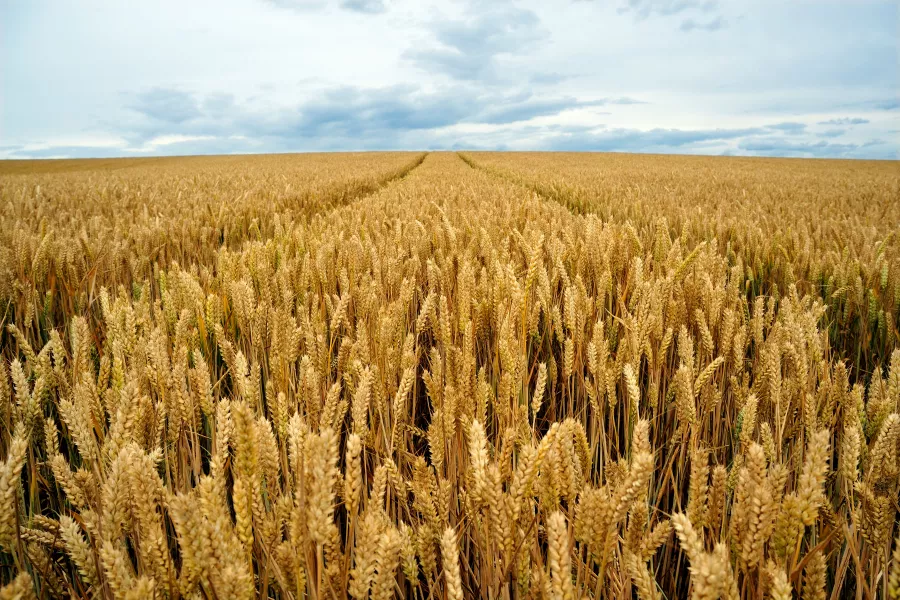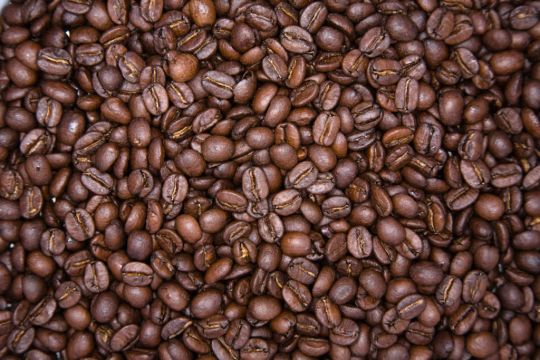In the fight against climate change, agriculture and food production are on the front lines. Rising temperatures, acidifying oceans, and out-of-season storms are wreaking havoc on the flora and fauna that make up the human diet – and the worst is almost certainly yet to come.
Coffee has long been high-risk, as Arabica beans do not fare well in high heat, but the rediscovery of a rare coffee species in the wild spells good news for future brews. Coffea stenophylla tolerates hotter and drier conditions than its commercial counterparts, and could yield climate-resilient cuppas for decades to come.
Not every foodstuff is so lucky, and though it’s hard to know definitively what effects climate change will have, there are several eminent edibles facing uncertain futures. Here are five foods you didn’t know were threatened by climate change…
1. Wheat
The big kahuna of climate-threatened crops, wheat accounts for around 20 per cent of all calories consumed by humans, and is grown everywhere from Patagonia to Rajasthan. Climate change will bring droughts – big, long, brutal ones – which, according to a 2019 study, could affect 60 per cent of the world’s wheat-growing areas.

2. Maple syrup
It’s hardly a lunchtime staple, but maple syrup is a multimillion dollar industry in North America, and a Canadian icon. The flow of maple sap – the key ingredient in syrup – is regulated by ‘freezing and thawing cycles’ in late winter, and temperature changes are already causing problems.
American producers are already reporting earlier, more variable tapping seasons. A 2017 study suggested maintaining current US production would require an additional five million taps over the coming years.

3. Seafood
At this point, it’s probably not news that our oceans are in trouble. Thanks to rising CO2 levels, our seas are now 25 per cent more acidic than in pre-industrial times, which, combined with rising water temperatures, threatens all manner of marine species.
In the Mediterranean, sardines have lost around two thirds of their average mass in the last decade; in the Pacific, acidification is stunting the shell growth of oysters and other shellfish; and in the North Atlantic, lobsters are moving north in search of colder waters, threatening other ecosystems and New England fishermen.
Seafaring fauna will not disappear overnight, but fish are famously slow to adapt, and it is hard to predict exactly what we’ll lose when.

4. Chocolate
Cacao trees are sturdy plants that can handle rising temperatures, but they can’t handle an accompanying dip in water supplies. Under current conditions, temperatures in West Africa are likely to rise more than 2°C by 2050, which, without any increase in rainfall, will squeeze essential moisture out of the trees.
A blockbuster study painted a pretty grim picture for leading cocoa-producers Ghana and Cote d’Ivoire a decade ago, predicting major declines as early as 2030. In the short term, we may see price hikes. In the long term, chocolate may have to transition to new regions altogether.
5. Wine
Climate change is threatening the existence of wine.
A 2-degree Celsius temperature increase would shrink regions where wine grapes can be grown by 56% – A 4-degree increase would threaten 85% of that land.— UberFacts (@UberFacts) November 27, 2020
If the prospect of rising wine prices doesn’t unite humanity against climate change, nothing will. According to a 2020 study, a 2°C temperature rise by 2100 could ruin up to 56 per cent of suitable wine-growing soils, with Chardonnay, Merlot, Pinot Noir, and Cabernet Sauvignon all potentially under the gun.
Co-author Benjamin Cook, from Columbia University, described wine grapes as “the canary in the coal mine” for climate change, thanks to their extreme climate sensitivity, and already-warm wine regions are naturally most at risk.







